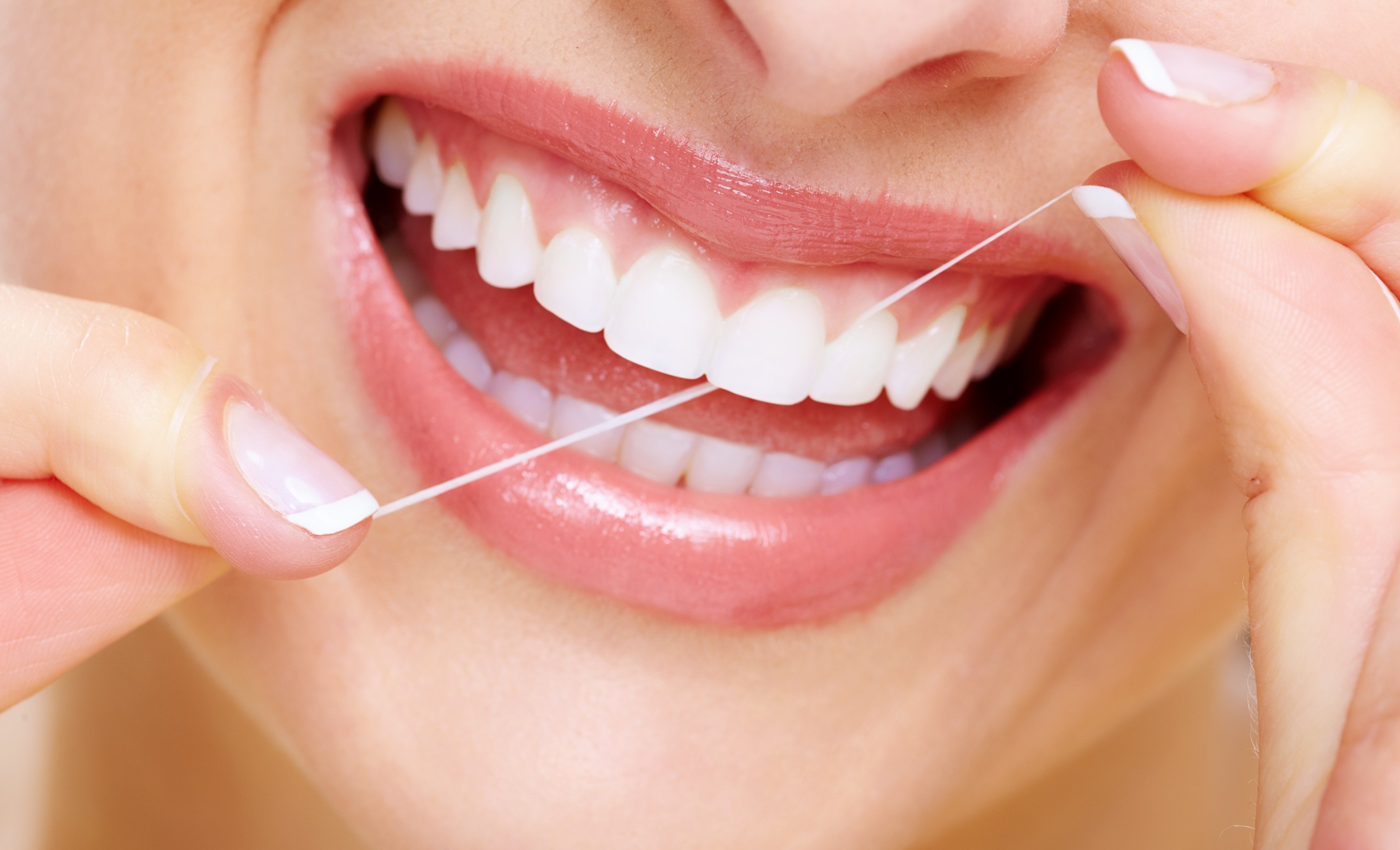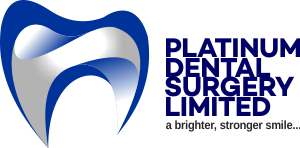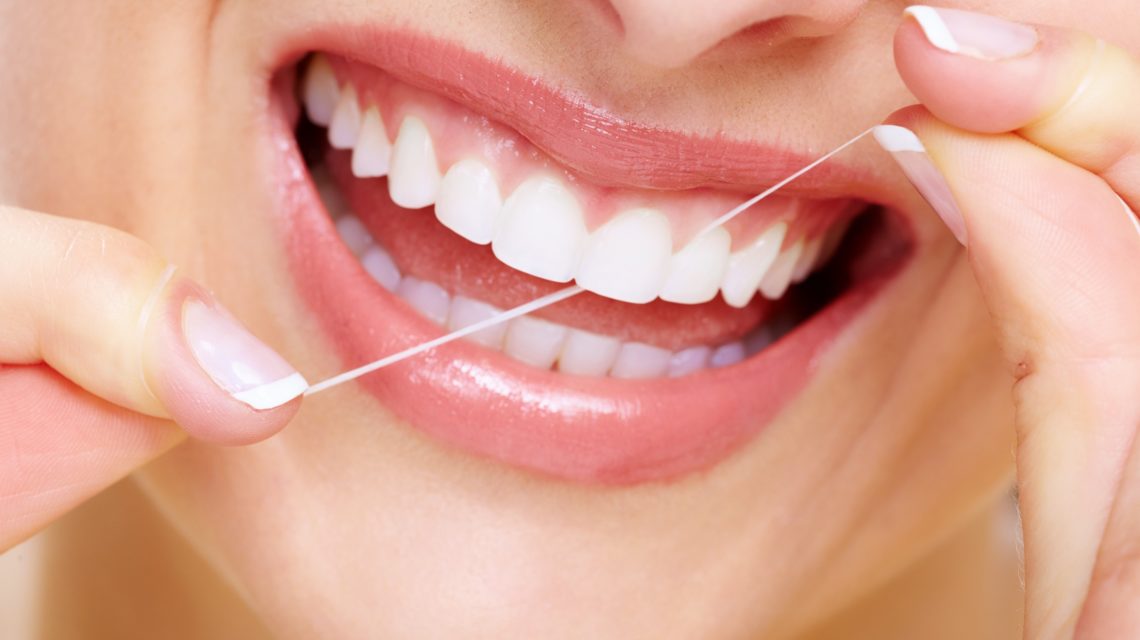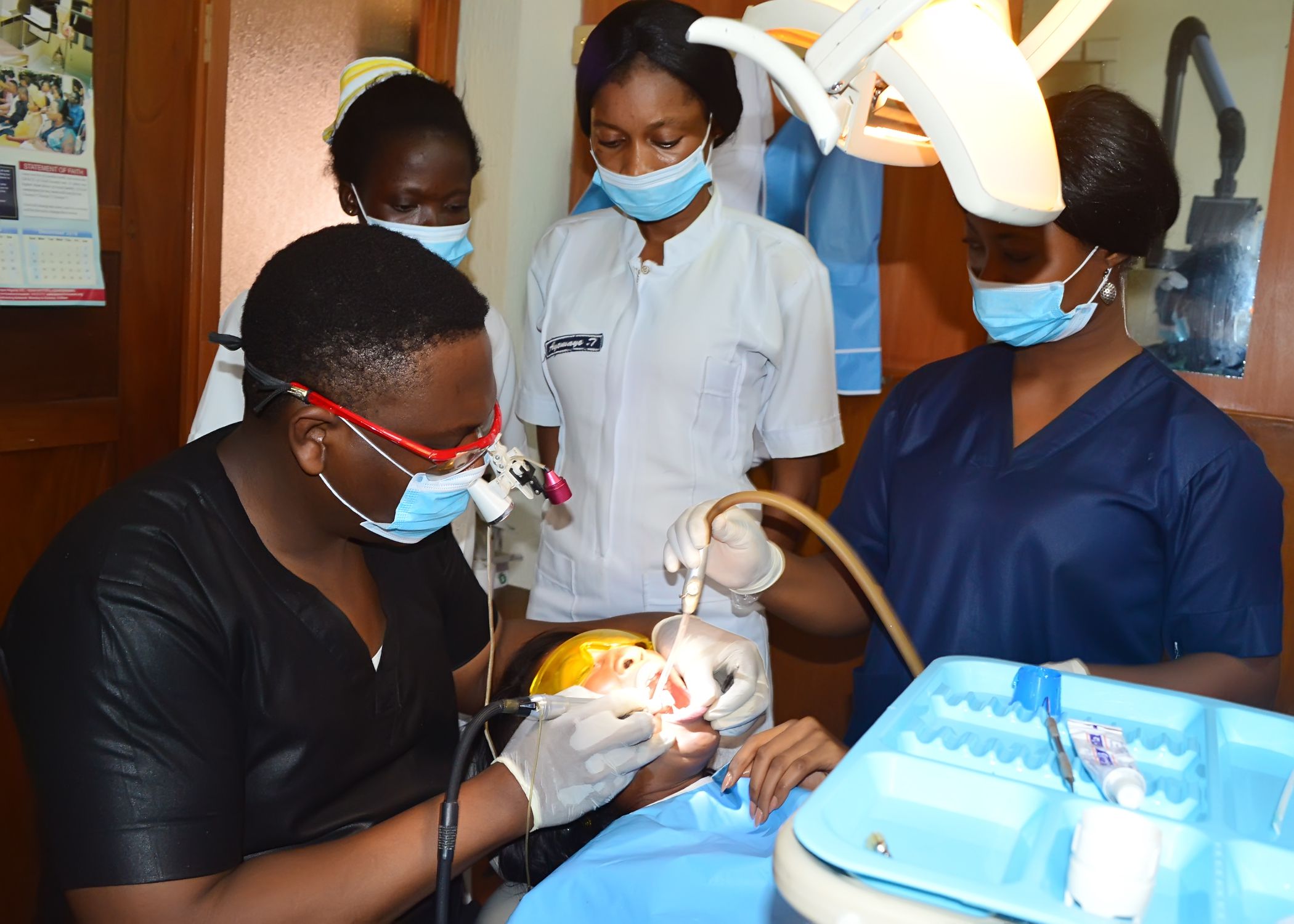The dentist would always ask the question: “Have you been flossing regularly?” the usual answer of many is “NO” or what’s that?? “Doctor I brush once daily and when I have a problem I brush twice and that solves the problem”.
The importance of flossing can’t be overemphasized. What many of these non-flossers don’t realize is that this step plays an important role in dental health. A toothbrush would clean the outer surfaces of the teeth and gums, while the floss is designed to clean tight spaces between teeth and the gap between the base of the teeth and the gums. These are places that a toothbrush wouldn’t reach. Antimicrobial mouth rinse wouldn’t work against the accumulation of plaque in between teeth so it’s best to floss regularly this, therefore, brings us to the 3 basic reasons why you should floss regularly so pay attention because the life of your teeth and the overall health of your mouth would depend on it
Flossing Prevents calculus Buildup
Calculus is that hard buildup of plaque that forms around the gum and teeth and can only be removed by the dentist or dental hygienist. The floss aids quick removal of plaque before it hardens to become calculus or tartar.

Flossing Helps Prevent Other Diseases
Research has shown that when bacteria are allowed to thrive it causes gum diseases of various forms and this, in turn, produce widespread inflammation that could harm the rest of the body and possibly lead to or worsen heart-related problems or diabetes and vice versa [sources: CDC, CDA].flossing is a small, simple step that can have a huge benefit for your long-term health
Flossing and Brushing Are More Effective at protecting the gum Than Brushing Alone
Brushing your teeth twice a day will go a long way but you aren’t getting the optimal cleaning benefit you deserve. It’s a known fact that Toothbrush bristles can’t clean adequately between the teeth and under the gum line.We at platinum dental surgery suggest that you floss before brushing as this allows all the plaque between your teeth to be easily agitated or distorted before the brush bristles bring in the much-needed fluoride from the tooth paste.


